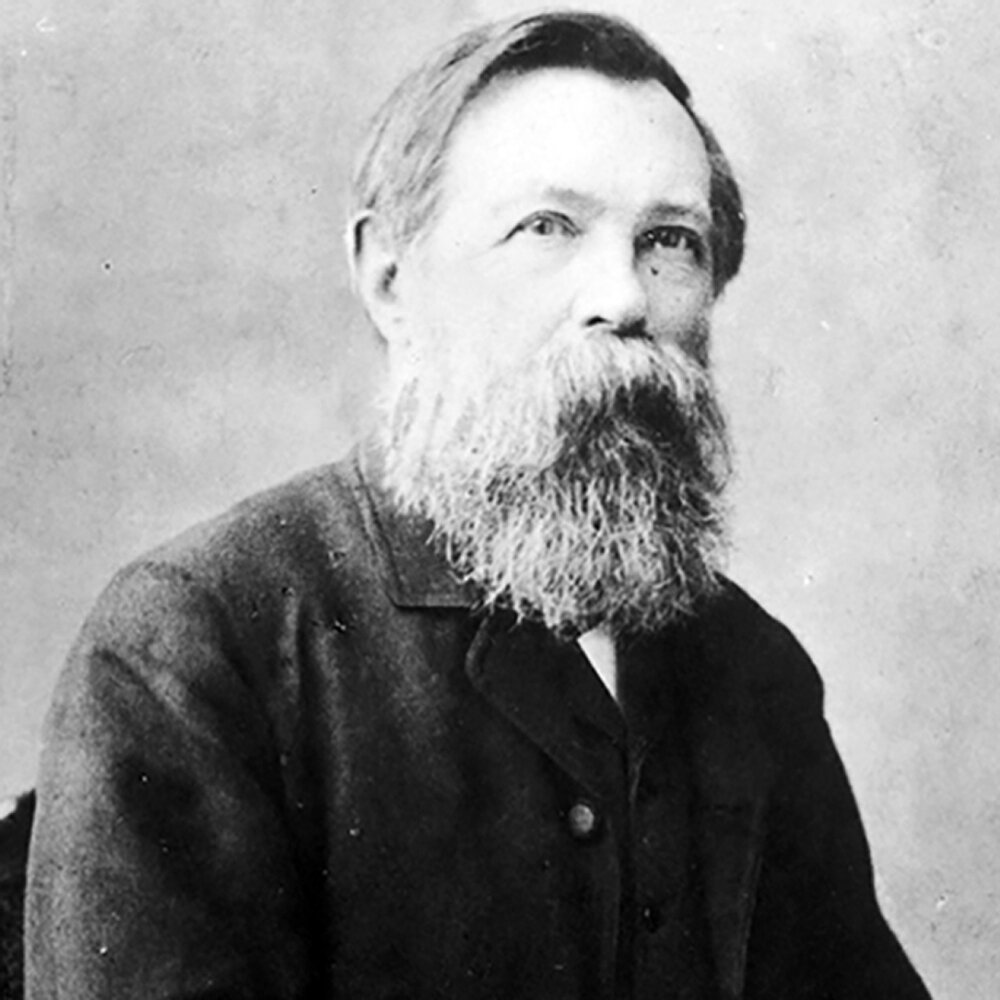

Industrialization also changed the social order. Learn more about the revolutionary ideas of Karl Marx and Friedrich Engels.

Engineers were the new heroes of the age, and their triumphs were seen everywhere the Crystal Palace in London, the Suez Canal, the American Transcontinental Railroad. Industrialization had important consequences for society and politics, remaking physical landscapes in Europe and other parts of the globe, and disrupting traditional ways of life. The effects of the Industrial Revolution were uneven, beginning in Britain, Belgium, France, then spreading through the European continent and to the United States, and then on to the rest of the world.

As the so‐called workshop of the world, Britain was the first to take off industrially. Its effects were uneven, beginning first in northwestern Europe, i.e., Britain, Belgium, France, then spreading through the European continent and to the United States, and then on to the rest of the world. The process involved not only the growing industry and technology but also new ways of organizing work and disciplines, useful to the new factory environment. Consequences of the Industrial Revolutionįrom the 18th through the 19th century, the Industrial Revolution had consequences as profound as political revolutions. In a way, to understand the history that was not random and contingent, but rather had a larger meaning and a logic of its own. The world was being visibly and dramatically changed by science and technology, and this made Marx and Engels eager for a theory which would not just describe the human society in a static way, but instead would describe it as it changed, and predict where the future was headed. The Industrial Revolution first roared to life in Great Britain.

(Image: Griffiths, Samuel, editor of “The London Iron Trade Exchange”/No restrictions/Public domain) Marx’s Understanding of the Industrial Revolution The Industrial Revolution impacted not only the growing industry and technology but also new ways of organizing work, showing its signs first in Great Britain.


 0 kommentar(er)
0 kommentar(er)
